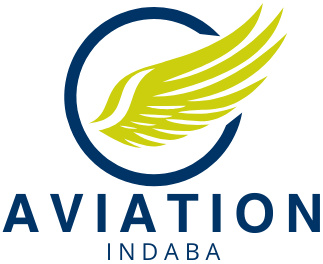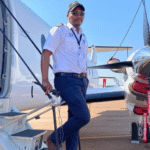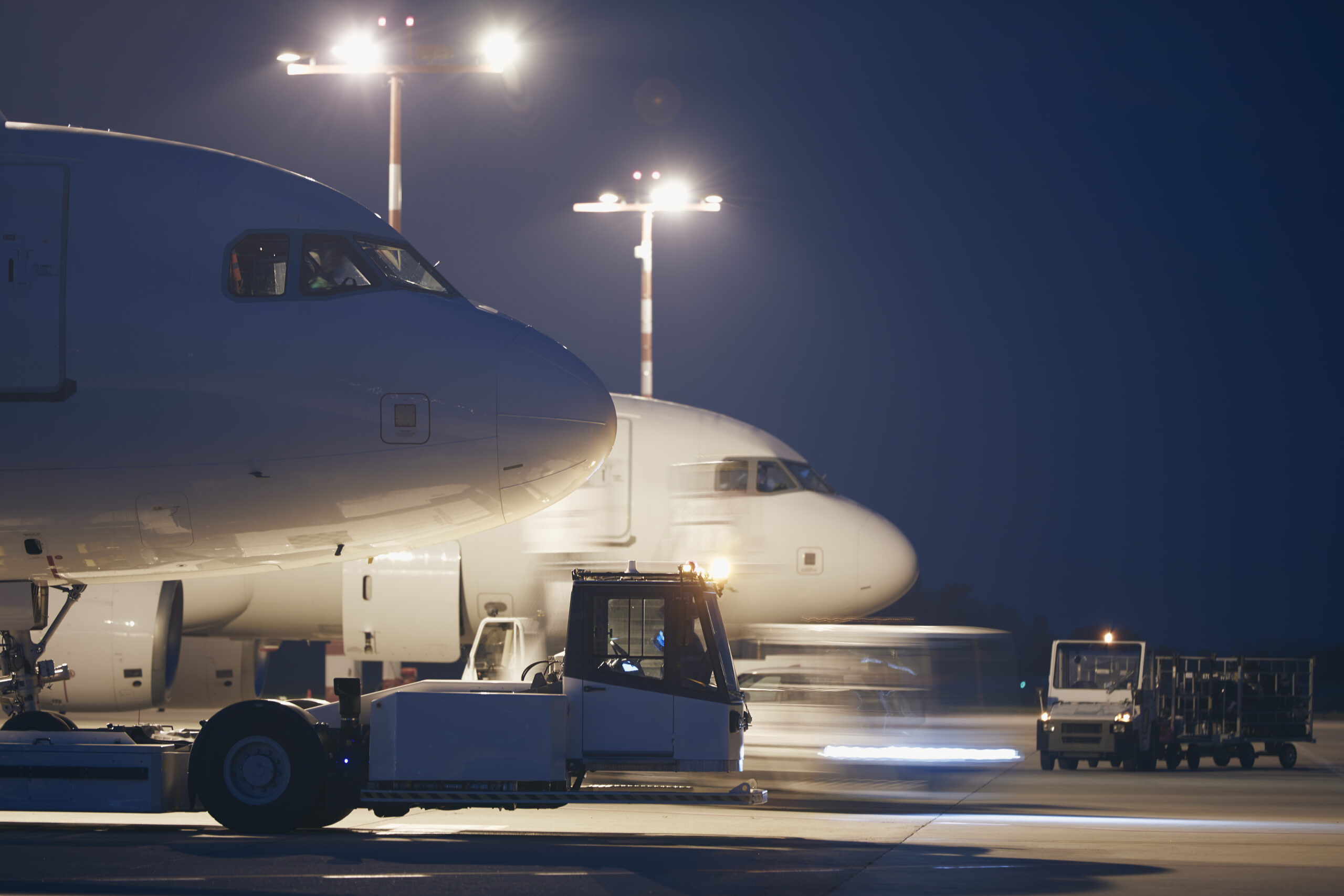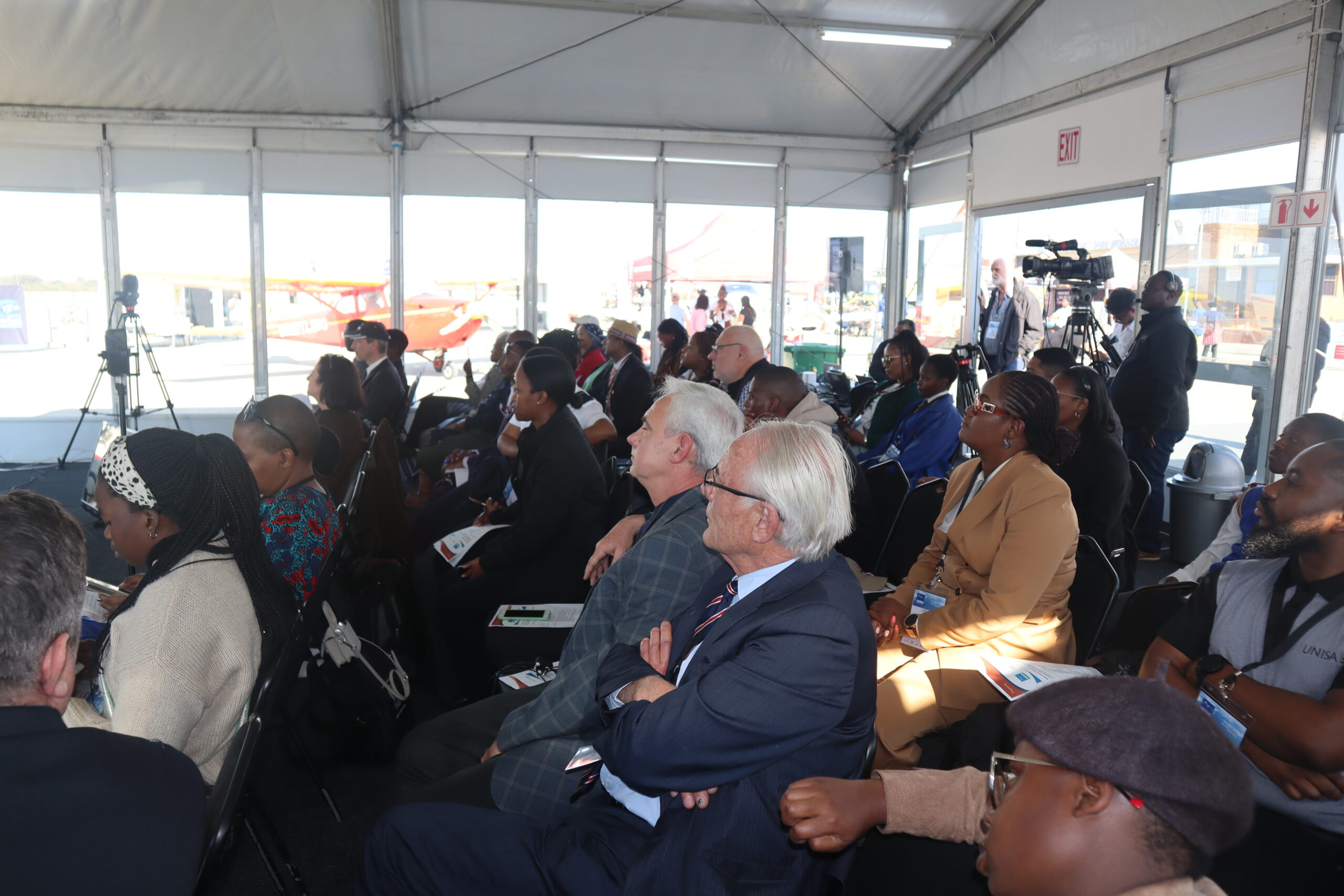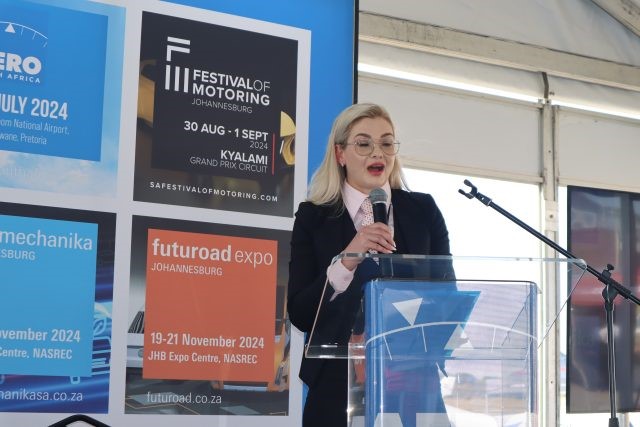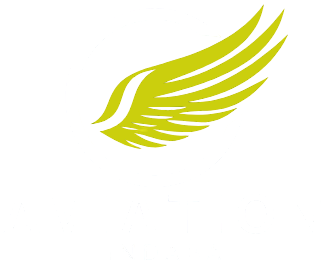Four years ago I sketched an ambitious idea: an Aviation Indaba as a transformative forum to unite regulators, operators, logistics experts, tourism agents, researchers and other stakeholders across our aviation value chain – both at the domestic level and the continental level. I am Professor Angelo Dube – a pilot, academic and the founder of the company Flying Jurist – and I believed South Africa needed an industry-wide “think space” to reimagine aviation’s future. The road to launch was not easy. Several delays (including the pandemic) nearly dampened my hope and I almost gave up. But perseverance paid off in 2024. Through a new partnership with other industry partners – we finally held our inaugural General Aviation Indaba. This soft launch embodied our dream: “an industry talk that brought together critical stakeholders” with the aim to discuss and improve the state of general aviation. As I said at the close of that event, “General Aviation can and will grow as long as we all put our efforts into growing it” – a motto that has guided us from day one.

A Soft Launch in 2024
The July 2024 Indaba held at Wonderboom was a huge success and a proof of concept for our vision. The event was truly collaborative – with Flying Jurist bringing on board the likes of UNISA, AERO South Africa (hosts of the annual expo), and the Afrikan Peer Growth Network. We thus created a platform for dialogue that had long been overdue. In fact, after the Indaba the feedback was unanimous: from young pilots and aero-engineers to government representatives, entrepreneurs and academics, everyone agreed more platforms like this are needed. We heard passionate keynotes and panel discussions (for example, one keynote starkly pointed out that targeted efforts were needed “to transform the industry and make it more inclusive”). The Indaba proved that when aviation people gather to brainstorm solutions, the energy is electric. As reported by one partner, “The General Aviation Indaba 2024 was a huge success. Talks are underway with partners to deliver an even more vibrant Indaba 2025 at a grander scale”. In other words, what we started in 2024 was just a soft launch – 2025 promises a bigger stage and greater ambition.
A Platform for Collaboration and Transformation
From its inception, our Indaba has been designed as a transformative space. I envisioned regulators (like the SACAA and the Department of Transport), commercial airlines and charter operators, cargo and logistics providers, tourism boards and agencies, airport authorities, aviation educators and researchers – everyone – sitting at the same table. After 2024, I can report we came very close. In our opening plenary, the sentiment was loud and clear: “many issues currently affecting the industry can only be addressed if all stakeholders brainstorm the most suitable solutions”. By bringing together government officials, airlines, general aviation pilots, flight-school leaders, business chambers and more, the Indaba fosters the kind of partnerships that South Africa’s aviation sector needs. Indeed there is “a need for partnerships between industry stakeholders, such as Flying Jurist and diverse role players, such as academic institutions, research organisations etc – and the Indaba is precisely the forum to forge those links.
This collaboration is essential for true transformation. For example, at our first Indaba we directly confronted issues of equity and inclusion. Our keynote speaker, aviation law specialist Adv Anne-Lize Lourens, highlighted how far we must go to bring women into the industry, noting that current licensing statistics show females remain vastly underrepresented. The audience agreed that targeted programs and policy changes are needed to open doors. In future Indabas we will continue these conversations – with panels on integrated mobility, on cargo and logistics, on tourism development – all aimed at strengthening the entire aviation value chain.
Enabling Mobility: From Growing General Aviation to Expanding Commercial Aviation and Enabling Policy Reform
A core message of the Indaba is that general aviation (GA) – the charter flights, flight schools, private business aviation and air sports – is the backbone of our industry. GA not only connects remote communities and supports tasks like medical evacuation and aerial mapping, but also feeds the pipeline of pilots and technicians for the airlines. Thus for commercial aviation to thrive, we need to ensure that the workforce development capabilities of its GA counterpart are functioning well. As a result, the Indaba is not only restricted to contributing to the GA sector alone, but to strengthen South Africa’s entire air transport system.
Of course, we cannot talk aviation in isolation. The Indaba emphasizes integrated mobility – linking air travel with roads, rail and digital networks. This means discussing how an international visitor can seamlessly transfer from Durban’s King Shaka Airport onto a KZN Rail link, or how cargo shipped by road can efficiently connect to air freight hubs. It also means advocating policy reform. At the Indaba we will bring our collective expertise to those policy discussions. Whether it’s the new green papers on airports and airspace management, or regional initiatives like the Single African Air Transport Market, our stakeholders will ensure South Africa’s industry navigates toward open skies and smart regulations. In doing so we follow the lesson of other African nations: “the right policies, partnerships, and investments can create robust aviation sectors that drive economic growth and regional integration”.
Empowering the “Forgotten Child” and the Future Workforce
Above all, the Indaba is about people and our nation’s future. Here I speak with particular passion about what I call the “forgotten child” – the rural youth who have rarely glimpsed an airplane in person. Across Africa, one chronic problem is a lack of awareness of aviation careers outside major cities. As a recent analysis warned, “outside of major aviation hubs, there is often limited awareness of the diversity of careers within the sector. Without outreach into schools and communities, the industry risks losing future talent”. That phrase could have been written about Limpopo, Mpumalanga, the Eastern Cape or any rural district in South Africa. For every child growing up in Alexandra or Tembisa with OR Tambo and Grand Central Airports nearby, there are dozens in remote villages who have never seen a cockpit.
Fixing this inequity is part of our national development goals. By connecting schools to pilots, by running flying days for township or village youth, we can widen the pipeline of future engineers, air-traffic controllers, logisticians and entrepreneurs. The aviation sector – from MRO workshops to terminals – desperately needs new talent. Indeed, a global aviation report shows we face “a deepening shortage of skilled professionals across all areas of the sector, from pilots and air traffic controllers to ground handling staff and maintenance technicians”. The Indaba will channel resources into solving this crisis, particularly through mentoring programmes. In this way we directly contribute to workforce transformation – ensuring that the industry is not only more skilled, but also more representative of South Africa’s diverse nation.
Towards 2025 and Beyond
The journey of the Aviation Indaba is just beginning. As we look to 2025 and beyond, I feel a renewed determination. The inaugural event has shown the appetite for change and collaboration. Now, building on our soft launch, we are scaling up. We will reach out even wider – inviting more airlines, more government agencies, more investors and more curious young minds. We will delve deeper into pressing topics: multimodal logistics, digital airspaces, sustainable fuel and beyond. And we will continue to champion the rural communities – after all, inclusive development has always been at the heart of my vision. The deliberations will transcend the general aviation sector, and will now focus on both the general and commercial sectors of the aviation industry, as well as the feeder industries which are the heartbeat of the aviation industry.
The feedback from 2024 could not have been clearer: stakeholders are hungry for conversation. Many attendees “led the enquiry about whether the event would be held again in 2025”. Rest assured, it will. Indeed, with partners mobilized, “talks are underway to deliver an even more vibrant Indaba 2025 at a grander scale”. I invite every part of our aviation, tourism and government community and other industries to join us. Together, we will turn this vision into reality – forging an inclusive, well-connected and future-ready aviation sector for South Africa and the continent.
